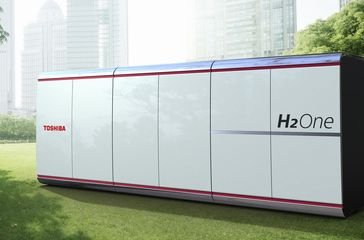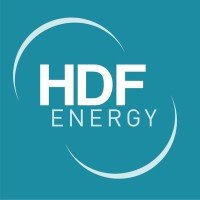Toshiba to develop hydrogen supply chain model in Tsuruga City
The project will promote hydrogen and contribute to decarbonisation initiative

Japan’s Toshiba Energy Systems & Solutions Corporation is partnered with Tsuruga City, Fukui Prefecture in Japan, to demonstrate a hydrogen supply chain model using its H2One MultiStation technology, H2 Bulletin reports.
Fukui Prefecture promotes the Lingnan Smart Energy Project, which aims to develop a disaster-resistant and environmentally friendly city in cooperation with Lingnan City and other towns. The demonstration project, which was announced last week, aims to expand the use of green hydrogen in downstream industries.
Kansai Electric Power Co., Ltd. will also partner in the project and conduct demonstration experiments to build a virtual power plant (VPP), involving electric vehicles, solar power generation, and hydrogen. During the demonstration, when Kansai requests more electricity, water would be electrolysed using H2One MultiStation to produce hydrogen. In case of reduced power demand, the stored hydrogen will be used to generate electricity using fuel cells and supply the necessary electricity. The produced hydrogen can also be supplied to several other end-users, such as forklifts, operating in the neighbouring regions.
In December 2019, Toshiba also introduced the H2One ST Unit, the first renewable hydrogen station in Tsuruga City, Fukui Prefecture. It has a hydrogen production capacity of about eight fuel cell vehicles/day.
In November 2020, Toshiba opened its first H2One MultiStation in Tsuruga City, Fukui Prefecture, to produce hydrogen using electricity generated from renewable energy. The H2One MultiStation is the first fuel cell system in Japan to supply fuel and electricity for fuel cell vehicles using hydrogen made from renewable energy.
The H2One Multistation consists of a system that combines the H2One ST Unit and H2One developed by the Company. The standard H2One model mainly consists of a water electrolyser for hydrogen production, a tank for hydrogen storage and a fuel cell system that produces electricity, heat, and hot water using hydrogen. H2One is equipped with H2EMS, an automatic energy management system that controls power supply based on demand.
H2One MultiStation uses green hydrogen to supply power for fuel cell vehicles and generate electricity. The H2One MultiStation can be hydrogen-filled into fuel cell vehicles and supplies electricity to on-site buildings and electric vehicles, and has been in operation in Tsuruga city since November 2020.
In March 2021, Toshiba also received the Iwatani Naoharu Memorial Award from the Iwatani Naoharu Memorial Foundation for its H2One™ hydrogen energy supply system.
